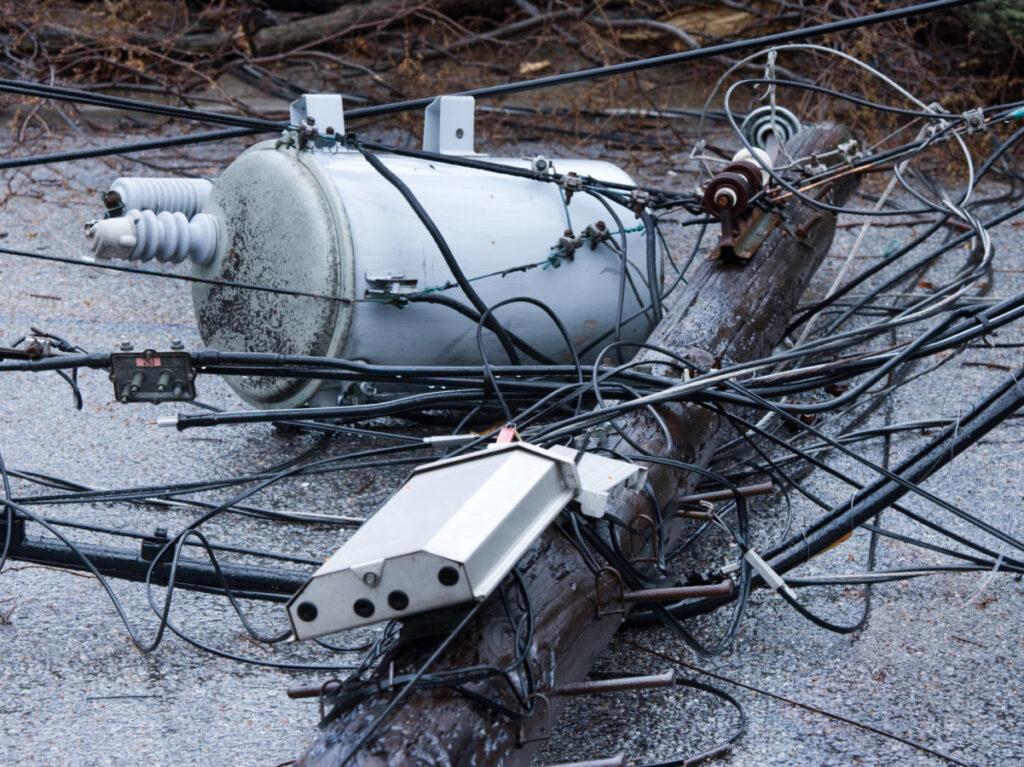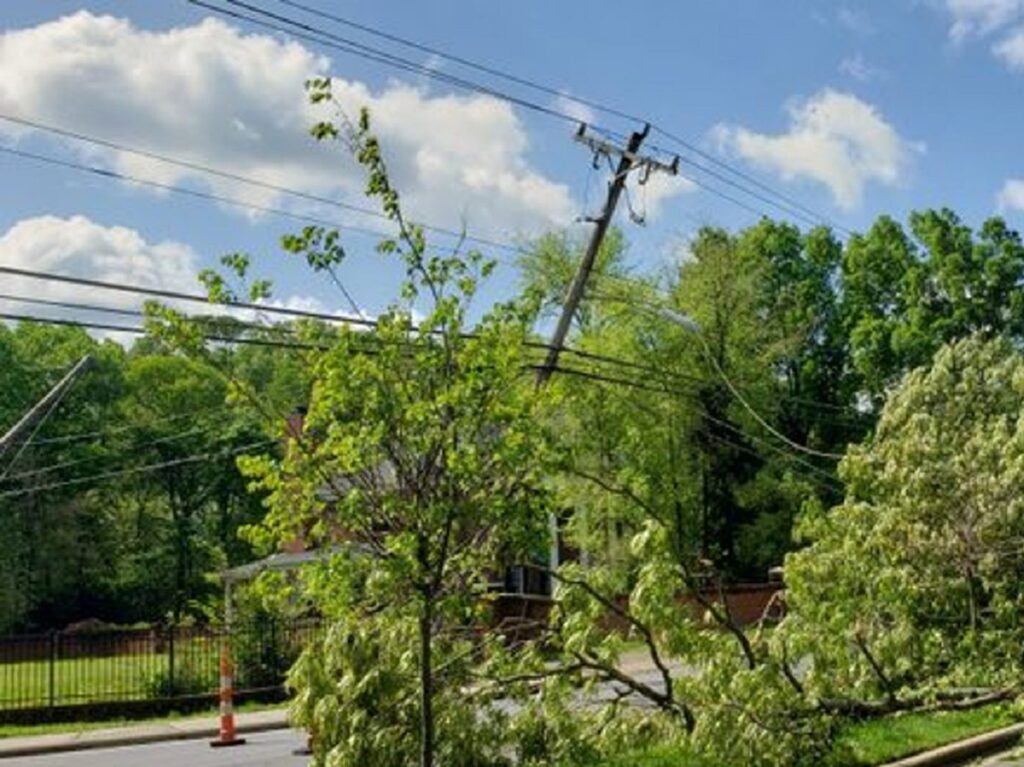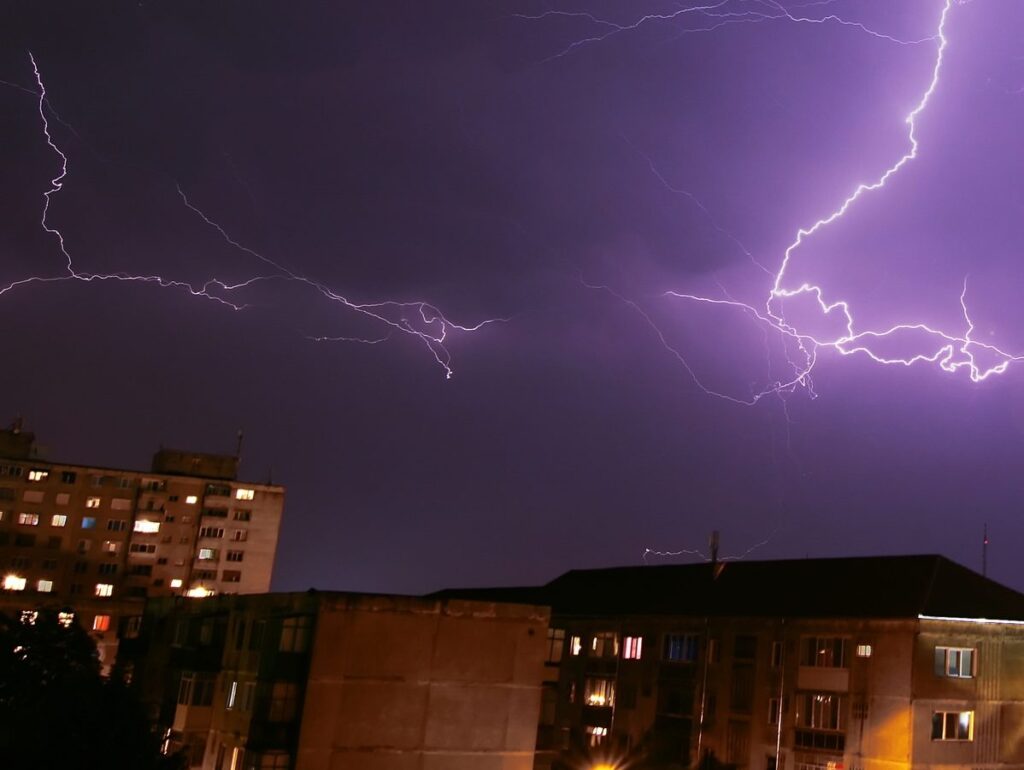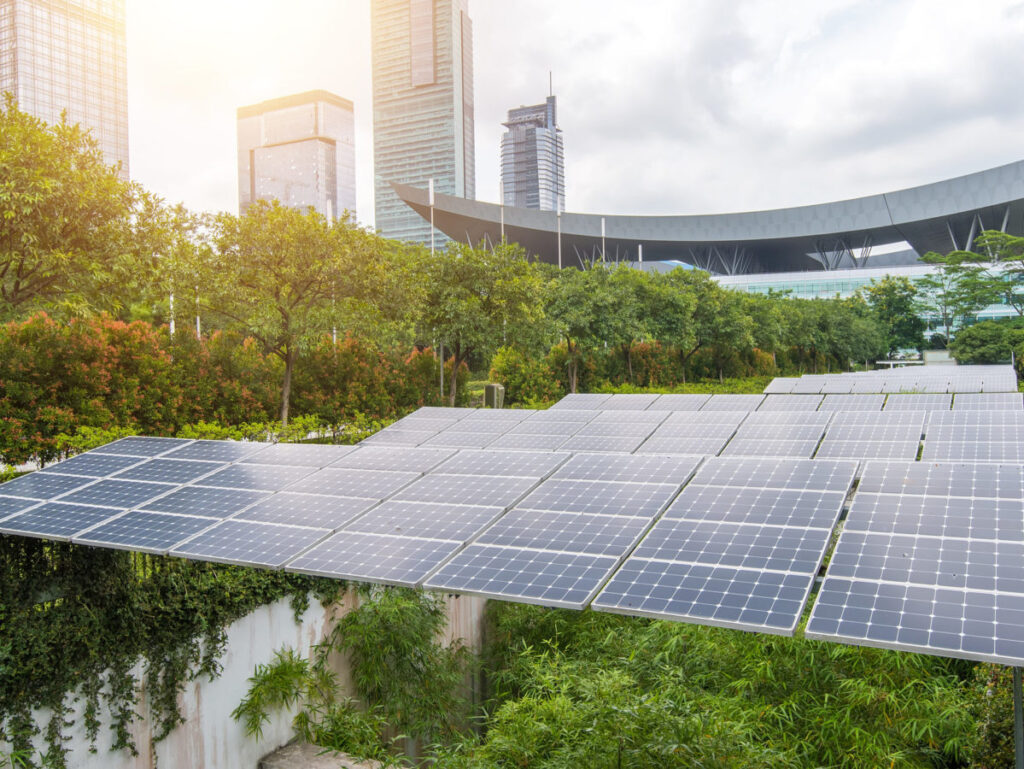Duke Energy Readies for Hurricanes during Pandemic (T&D World)
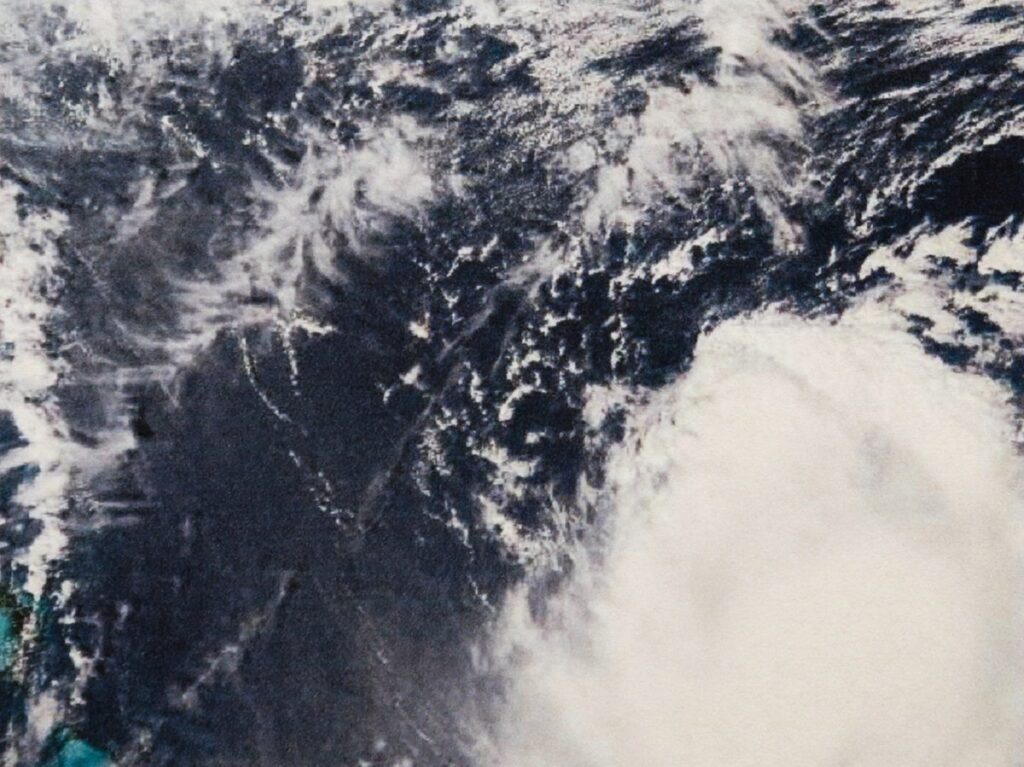
Utility takes steps to restore power quickly after a storm without compromising on the health of employees and customers.
Duke Energy has prepared to respond to power outages as quickly as possible during the hurricane season that started June 1. The utility made the preparations while adapting to the extra challenges of protecting the health and well-being of its employees, customers and communities during the COVID-19 pandemic.
“Now more than ever, our customers are depending on us for the essential energy they need to power their homes and workplaces, which in many cases are one and the same,” said Harry Sideris, senior vice president of customer experience and services at Duke Energy. “We recognize that even brief outages in this pandemic are no longer simple inconveniences but disruptions, so it is important that we, along with our customers, plan now for any impacts a major storm may create.”
Protective and preparedness measures
“We have experienced several spring storms across our service areas the past two months and we have learned a lot about social distancing and keeping people safe. We will be applying those lesson on a broader scale should our service areas experience any major storms this hurricane season,” Sideris said.
- Duke Energy crews are using social distancing measures and, when appropriate, face coverings while working in the field.
- The utility is reducing or eliminating processes that involve paper transfer among crews and has extended physical spacing during activities like job briefings.
- Crew coordination and logistics support are being conducted remotely through a virtual outage response center model.
- Meetings with vendors and other suppliers are underway to understand the expectations for supporting storm response and the options available.
- Social distancing rules and screening processes will be in place at staging sites, crew lodging, catering and support services to help protect crews as well as communities during large-scale outage restorations.
Duke Energy has appealed to the public to promote a safe work environment by not approaching utility crews in the field or entering their work zone as they restore power. People have been requested to adhere to local COVID-19 protective orders and to follow work-zone signage instructions to help the utility’s crews avoid distraction and maintain a safe environment.
Duke Energy will continue to rely on mutual assistance agreements with neighboring and other utilities for large storm response. While the modified lodging / logistics processes put in place for COVID-19 will be different, the utility’s experience indicates that the modifications should not cause significant delays in outage response unless circumstances limit the number of off-system crews available for response.
Safety reminders
Duke Energy has encouraged customers to have a plan in place for an extended power outage. Below are some tips from the utility:
Before the storm hits
- Create (or update) an emergency supply kit to save valuable time later. The kit should include everything an individual or family would need for at least two weeks, especially medicines, water, non-perishable foods and other supplies that might be hard to find after a storm strikes. Your emergency kit should also include items that can help protect you and others from COVID-19, such as hand sanitizer, bar or liquid soap, and face coverings aligned with CDC guidance.
- Keep a portable radio or TV, or NOAA weather radio on hand to monitor weather forecasts and important information from state and local officials.
- Charge cellphones, computers and other electronic devices in advance of storms to stay connected to important safety and response information. Consider purchasing portable chargers and make sure they are fully charged as well.
- Maintain a plan to move family members — especially those with special needs — to a safe, alternative location in case an extended power outage occurs or evacuation is required. When checking on neighbors and friends, be sure to follow social distancing recommendations (staying at least 6 feet from others) and other CDC recommendations to protect yourself and others.
- Review insurance policies and include extra copies of the policies and other important documents in your emergency supply kit (ideally in a waterproof container).
- Pet owners should make arrangements to stay at evacuation shelters that accept pets, friends’ or family members’ homes, or pet-friendly hotels.
After the storm hits
- Stay away from power lines that have fallen or are sagging. Consider all lines energized as well as trees, limbs or anything in contact with lines.
- If a power line falls across a car that you are in, stay in the car. If you MUST get out of the car because of a fire or other immediate life-threatening situation, do your best to jump clear of the car and land on both feet. Be sure that no part of your body is touching the car when your feet touch the ground.
- If you need to go to a disaster shelter, follow CDC recommendations for staying safe and healthy in a public disaster shelter during the COVID-19 pandemic.
- More tips on what to do before, during and after a storm can be found here. A checklist serves as a helpful guide, but it is critical before, during and after a storm to follow the instructions and warnings of emergency management officials in your area.
Outage reporting
Before the storm hits, Duke Energy has told customers they should contact the utility to make sure their contact information is up to date and their communication preferences are noted, so that they receive proactive outreach on the status on a power outage they may experience.
Customer service specialists will be available to manage customer calls should the need arise, with more than 1,500 additional corporate responders from across all Duke Energy jurisdictions also available to assist as needed.
*Read the original article here on T&D World.

